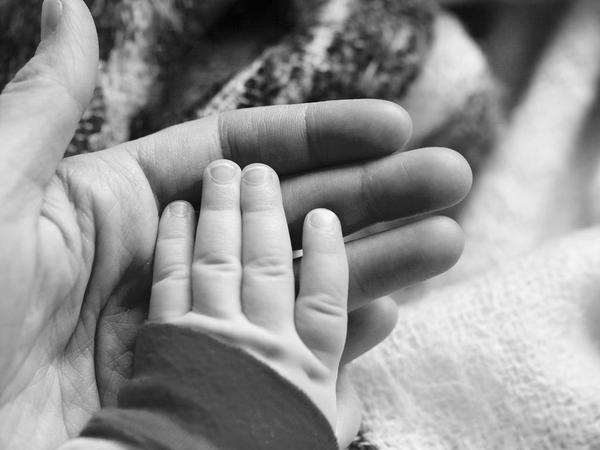Editor’s note: This week’s post was originally published as a Marriage Moat. Lori writes these messages and sends them as weekday emails as well as posting them on social media. Throughout the year we’ll be sharing a few of our favorites.

Last month I delivered a meal to a family with a new baby. Their house is on the one block road I lived on in 1964. We were in the colonial on the left, which has had a series of upgrades since then. I gazed at the nine homes, reeling in recollections of whom each belonged to. If the family had no kids, the yard was inconsequential. The older couples only came into focus when we played Truth or Dare, and I accepted a challenge to ring the doorbell of the scary lady and run away.
One of my inflated memories is that the seven children in our gang would perch on a red bicycle, go barreling down the hill, and crash in the field. I was little and got the back fender. My brother was older and sometimes got to pedal, though that did not also include the chance to sit. The journey felt enormous to me at six, but now I realize it was half a football field. In my Personal History, we did this all the time, but then again it is possible we only pulled it off once.
What struck me as I beheld it now in my mid sixties, was how compact the street was. This was the arena for four gripping years of my childhood, and it felt spacious then. I was not allowed to venture past the corner, but who needed to? I could explore all summer and not bump up against the edges. Now the trees seemed short, the road barely wide enough for two cars to eek past. The yard where we played kick the can and fifty scatter was the size of some people’s living rooms. Well, rich people’s living rooms.
The ensuing afternoon entailed a series of annoyances. The package I expected was not ready when I went to pick it up and I had to go back a second time.
I had sprung for organic tomatoes, and found evidence of nibbling on their bright red skins. The clothes someone had kindly brought up from the dryer, so that they could rotate in their own laundry, was damp.
Yet by evening the composite of irritations seemed insignificant. Smaller than small. Unable to tip the balance on a dieter’s scale for serving sizes.
My mind scrolled through some of the looming emergencies that plagued our family in the sixties. My father had gone back to graduate school and providing for four children weighed heavily. My mother began to act strangely, though it was another ten years before we understood the name of her demons.
But now, fifty years later, those dire circumstances feel no heavier than a baby’s hand in the palm of One whose care spans yesterday, today and long into tomorrow.
Love,
Lori